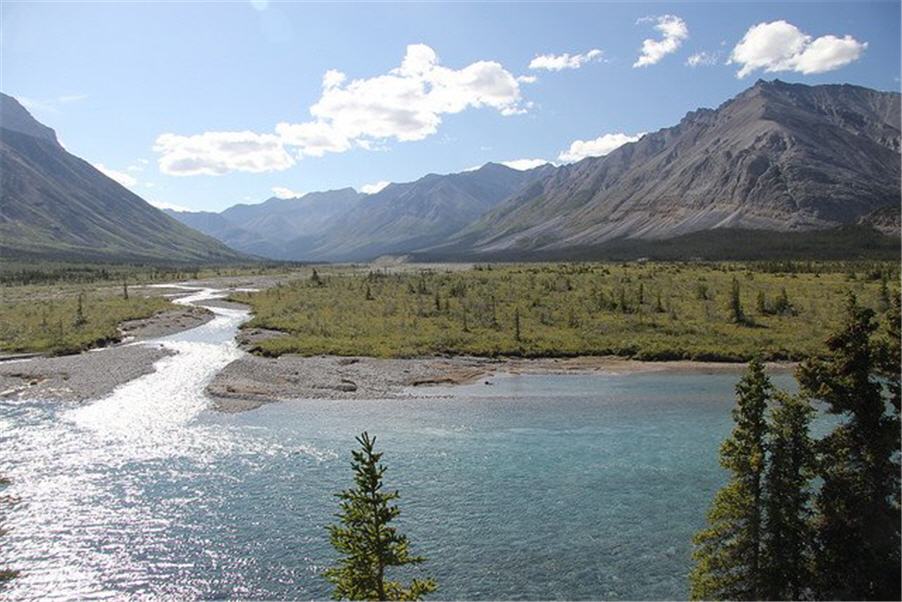Canada court backs need to consult aboriginals on projects

OTTAWA, Dec 1 (Reuters) – Canada’s top court on Friday unanimously ruled in favor of aboriginal bands seeking a say in a Yukon territorial government effort to develop coal and iron deposits in a wilderness region, in contravention of a treaty requiring the agreement of local native groups.
The ruling, by the country’s Supreme Court, comes down at a time when indigenous groups are taking a harder line against proposed natural resource projects, in particular pipelines that would cross their territory.
The court addressed a protracted dispute over the Peel watershed, a 68,000 square km (26,000 square mile) region that contains deposits of iron and coal. Yukon wants to open the area for development while aboriginal groups are seeking to protect it.
An independent commission set up by Yukon and four native bands unveiled a plan in 2011 to protect 80 percent of the area. A year later, without consulting the bands, the government produced its own plan, one sparing spared only 30 percent of the watershed.
“Yukon must bear the consequences of its failure to diligently advance its interests and exercise its right to properly propose modifications related to access and development,” the nine judges said in their ruling.
The court said Yukon and the native groups should return to an earlier stage in the process and properly discuss the recommendations of the independent commission.
(Reporting by David Ljunggren; Editing by Steve Orlofsky).
{{ commodity.name }}
{{ post.title }}
{{ post.date }}




Comments